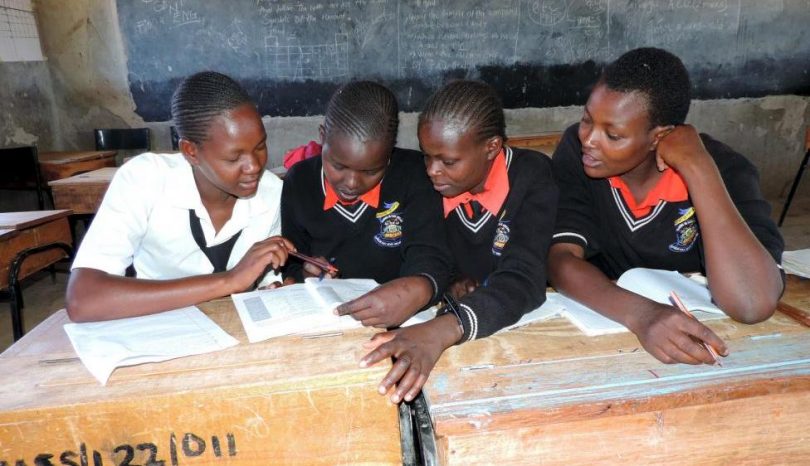Kenya faces high teen pregnancy rates, especially among poorer citizens–and due to demands of motherhood and stigma, most young women who drop out of school due to pregnancy never return to continue their education.
Efforts to help students get and stay in school have been slow-going, even though free primary education was introduced in Kenya more than a decade ago, and the figures for secondary schooling are even more bleak. This is especially unfortunate because young mothers are among those who could benefit most from education, which helps them achieve higher earnings and have fewer, but healthier, pregnancies and babies.
Projects like Jielimishe work to change that and provide access to education for many more young women. The organization provides fees, textbooks, uniforms and sanitary towels so young women can attend and stay in school, and is also working to challenge preconceptions. Click through to read the full story.
reuters.com – Laikipia, KENYA (Thomson Reuters Foundation) – Christine Gathoni dreamed of becoming a doctor, not a patient, grimacing in pain as she pushed her baby girl into the world.
But boredom and frustration at her parents’ inability to pay for her education led her to sex, pregnancy and motherhood at the age of 19 with only two years of secondary education to go.
“I was idle and my boyfriend asked me out,” she said, looking pensive. “After a few weeks, I realized I was pregnant.”
Two out of five 19-year-old women in Kenya are either pregnant or have given birth, with the highest rates among the poorest, according to government statistics.
Their parents often encourage them to get married to escape the stigma of being a single mother.
The persistent cultural belief that girls who have given birth are adults – who have no place in a classroom – also means that as many as nine in 10 Kenyan girls who drop out of school due to pregnancy never return.
Gathoni, however, was determined to complete her education.



